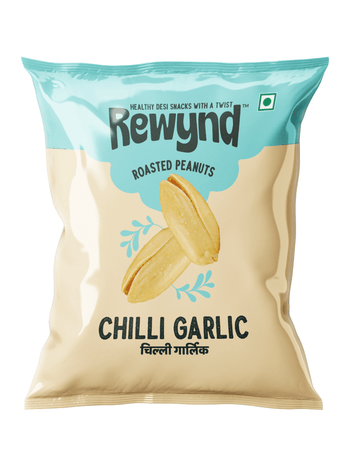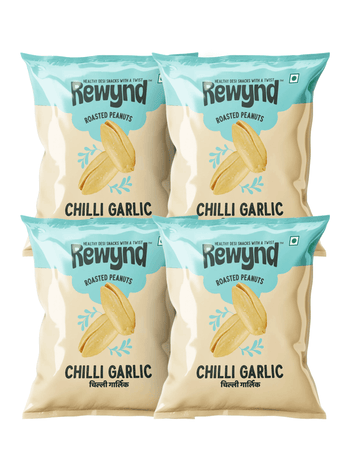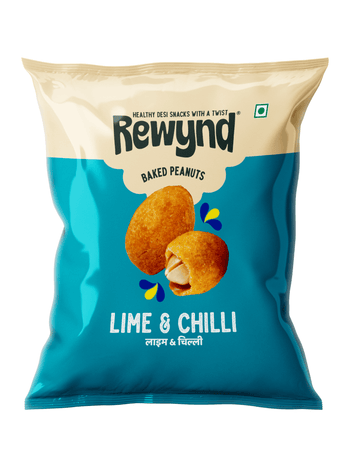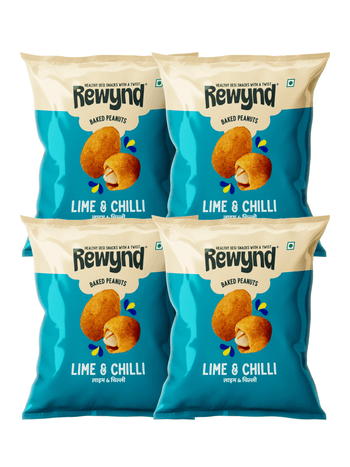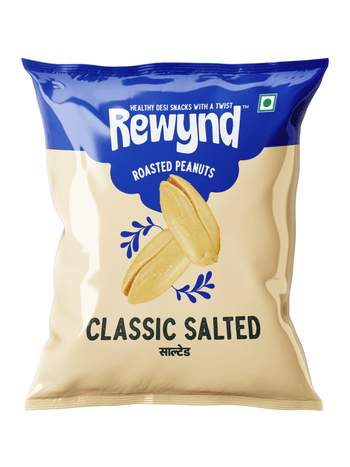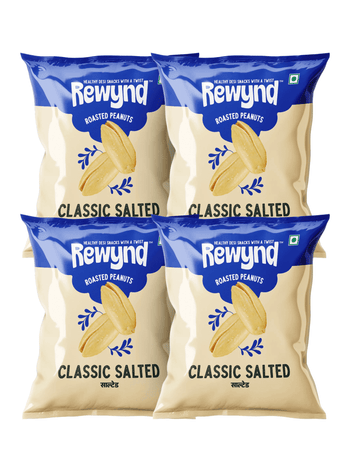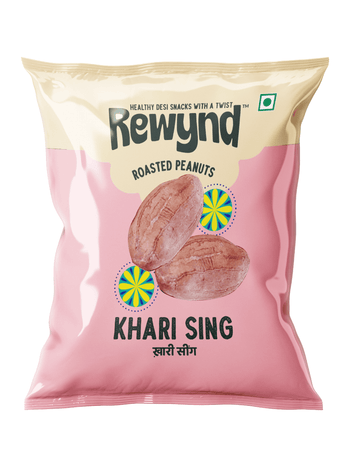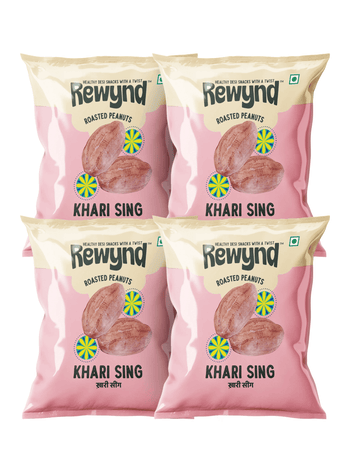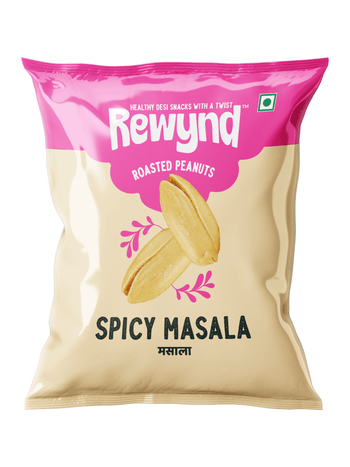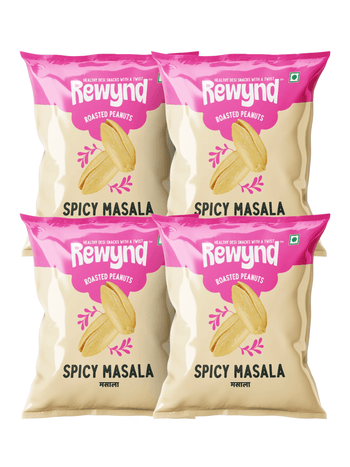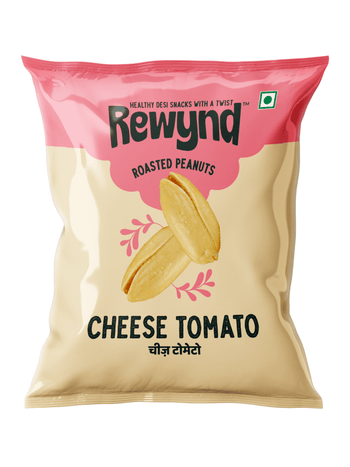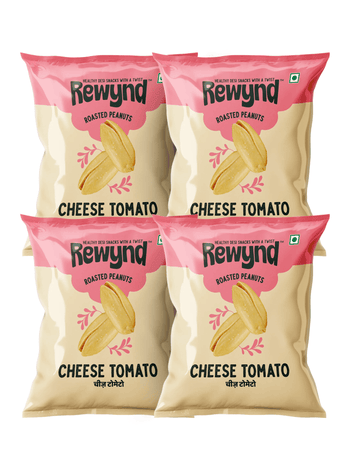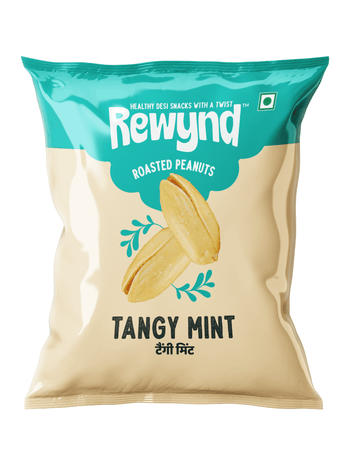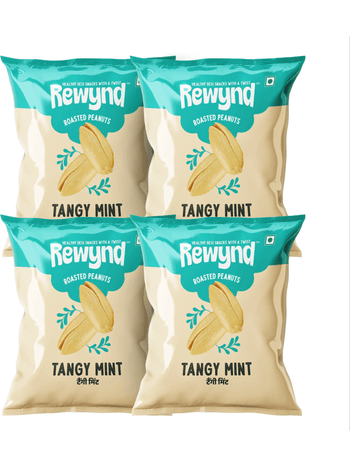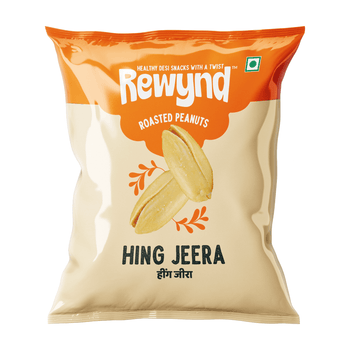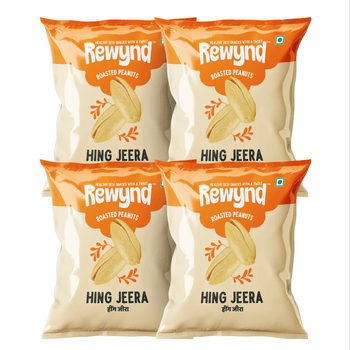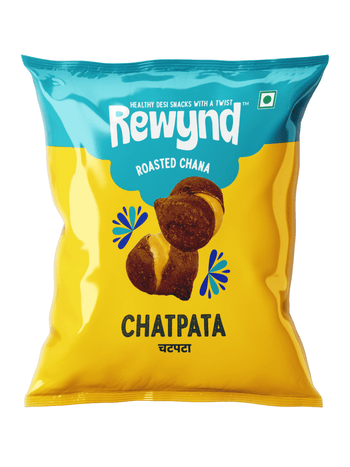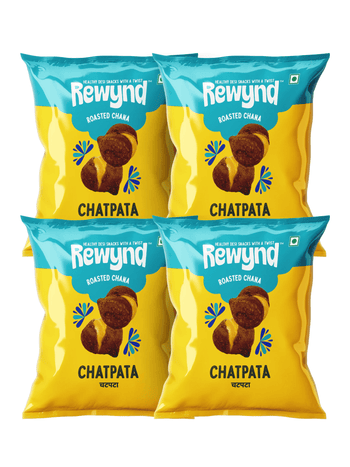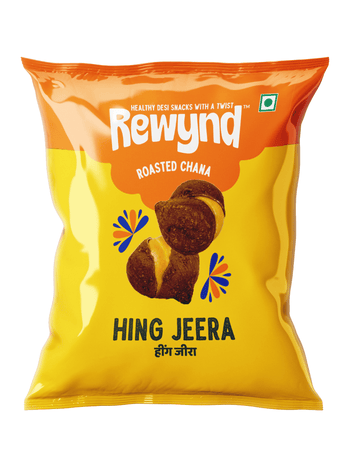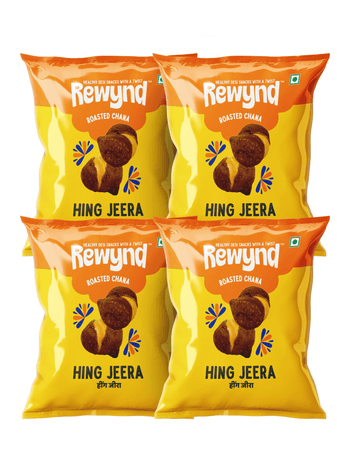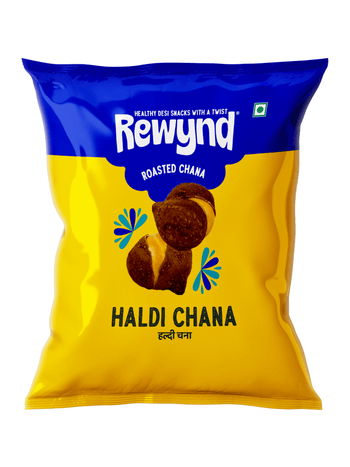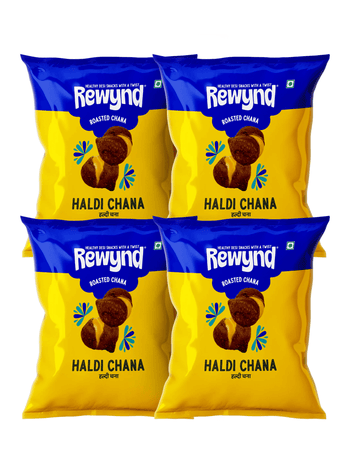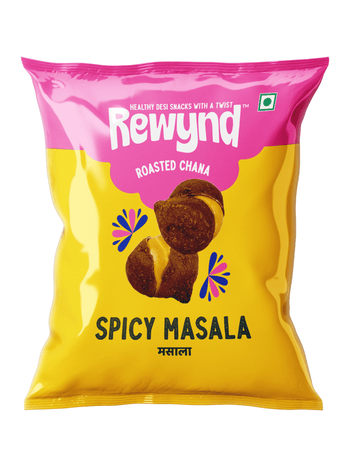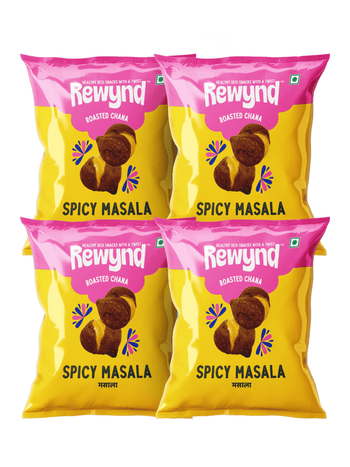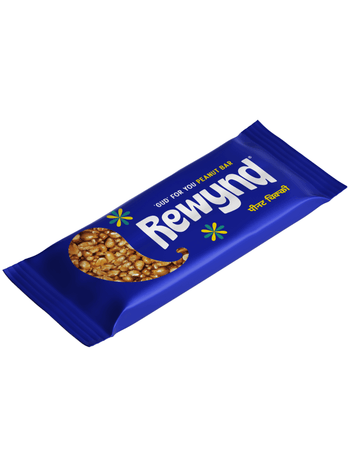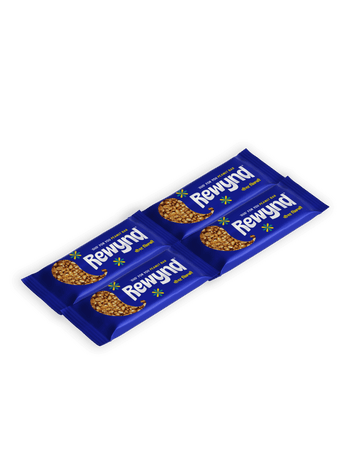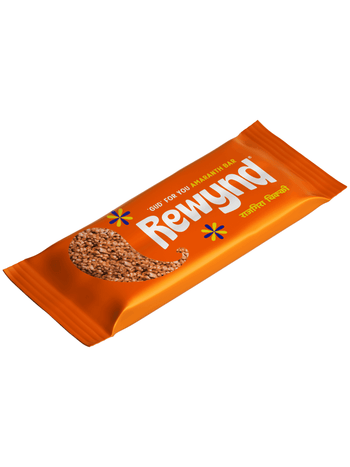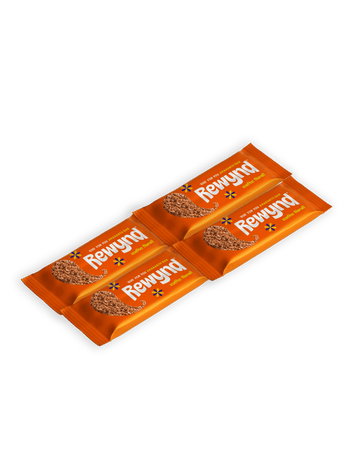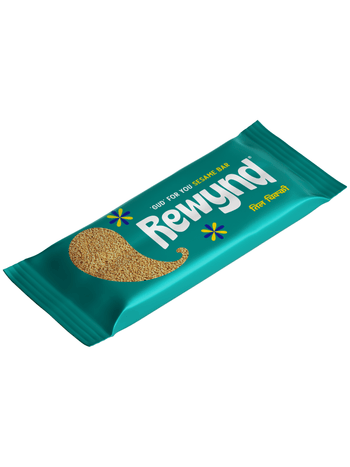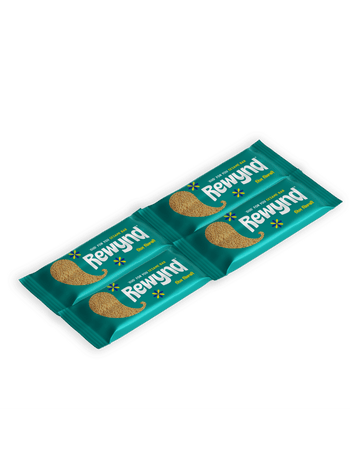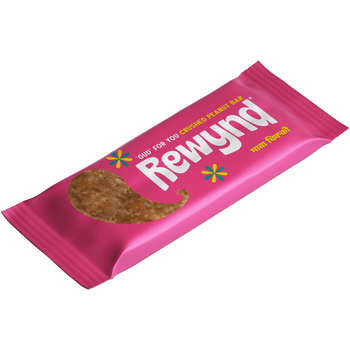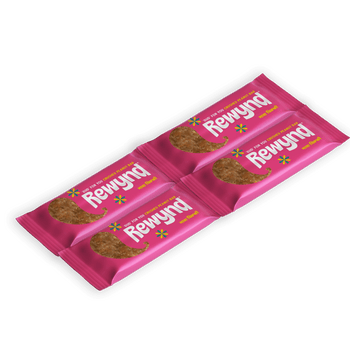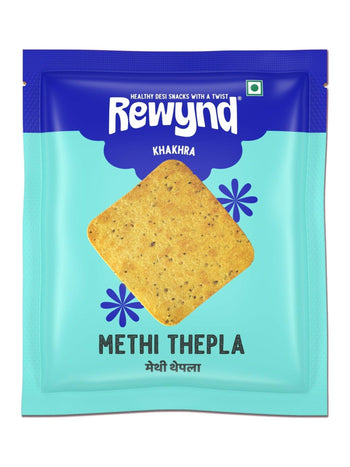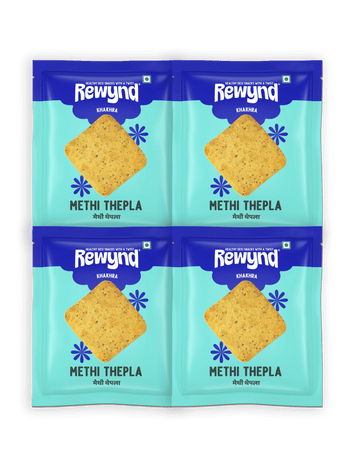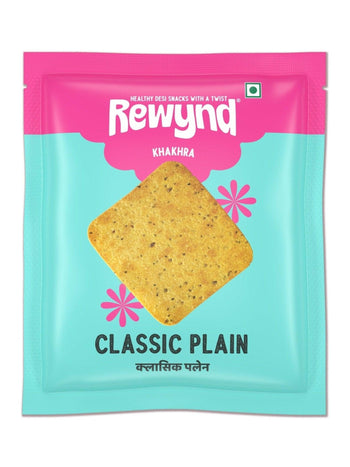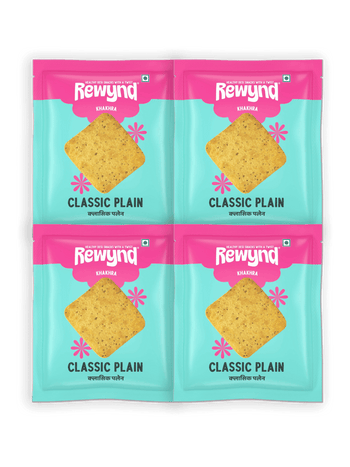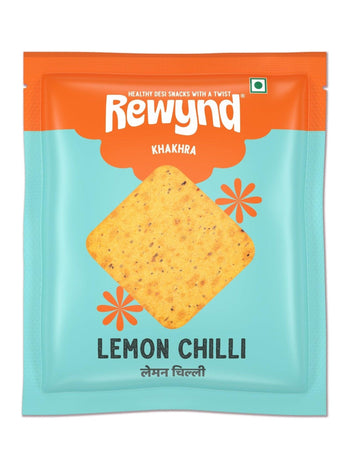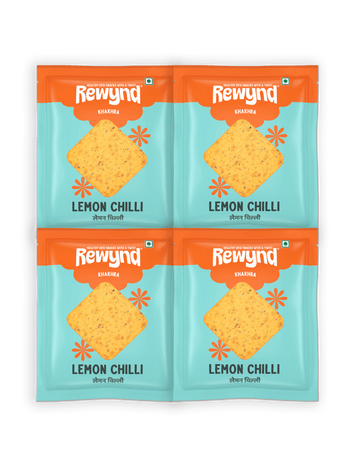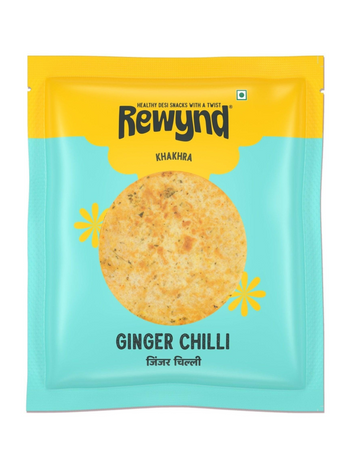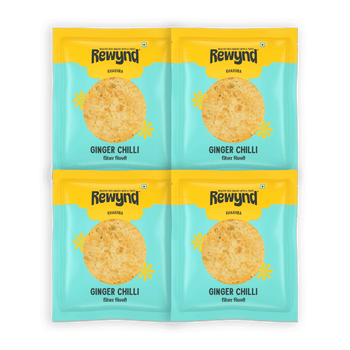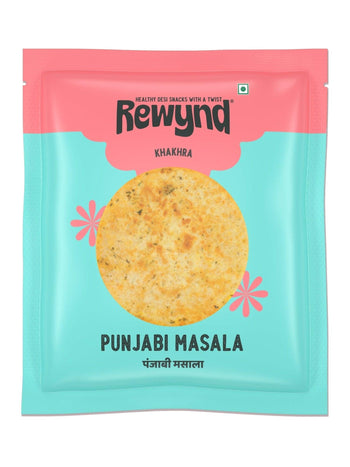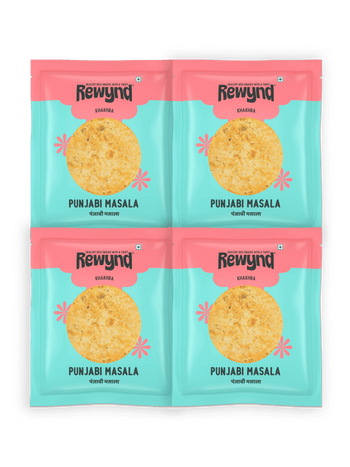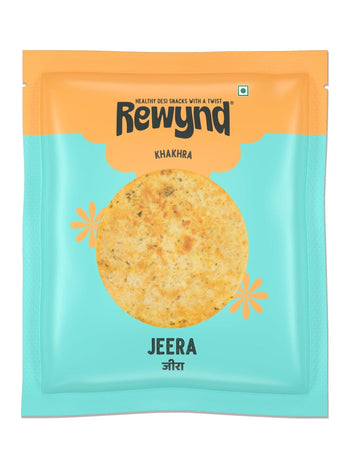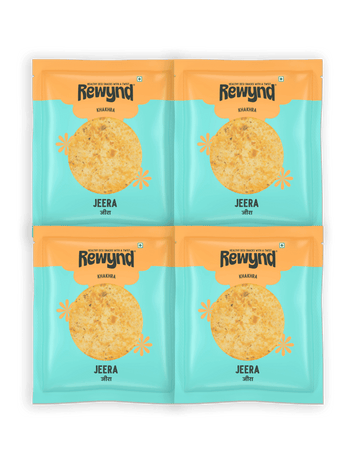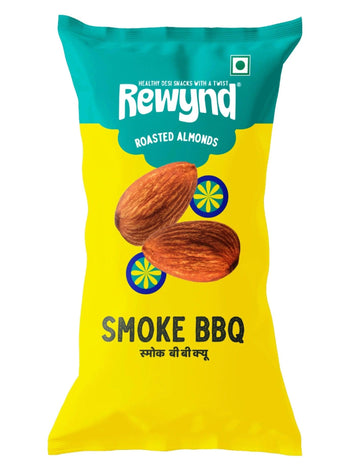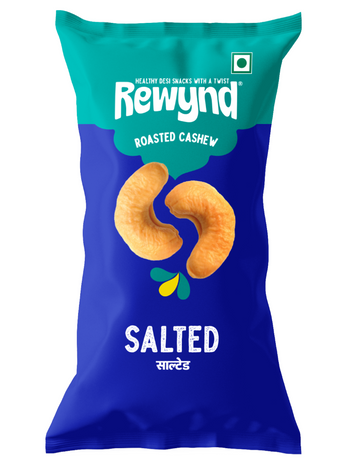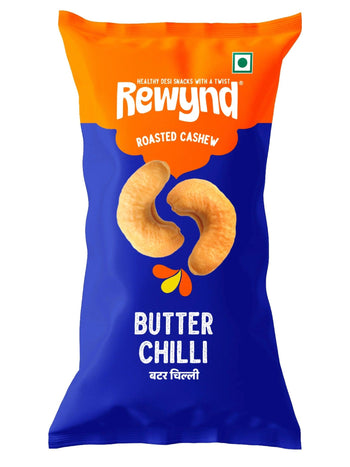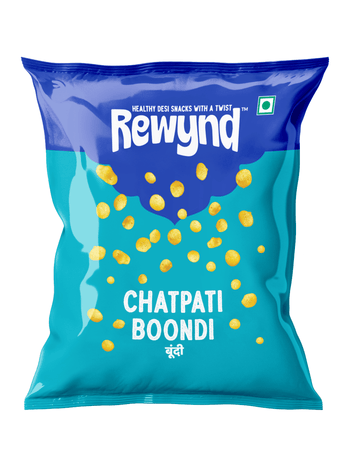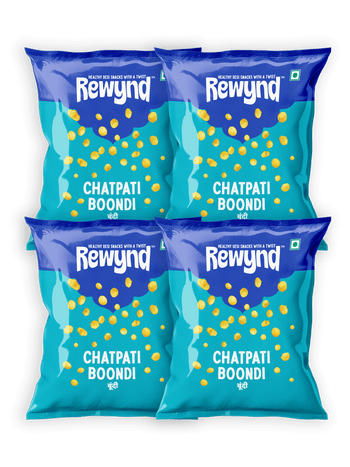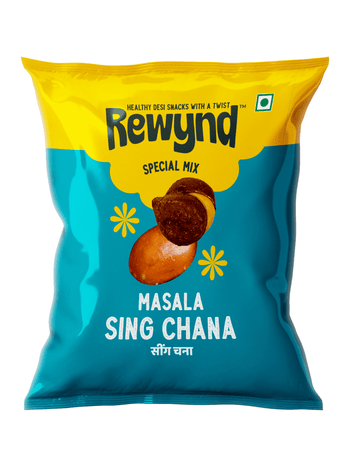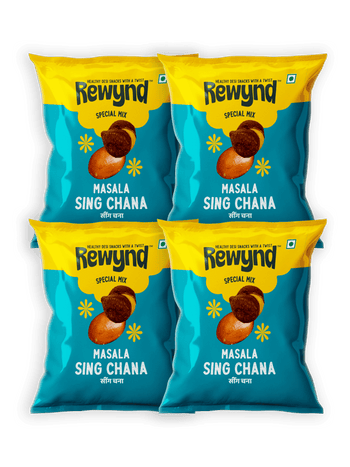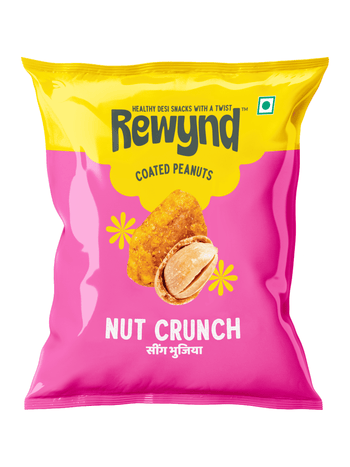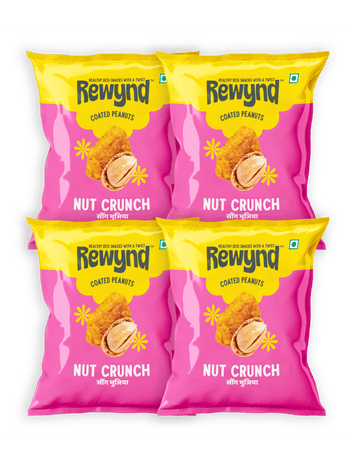Let's Rewynd a bit.
We all know that eating well is essential for staying healthy, but sometimes it's easy to forget just how crucial vitamins and minerals are for our overall well-being.
Two Types of Vitamins: Water-Soluble vs Fat-Soluble
Water-Soluble Vitamins: These vitamins dissolve in water, and any excess is excreted through urine. This means that you need to regularly replenish them through your diet. These include Vitamin B-complex (B1, B2, B3, B5, B6, B7, B9, and B12) and Vitamin C.
Fat-Soluble Vitamins: These vitamins are absorbed with fats and stored in the liver and fat tissues for later use. The fat-soluble vitamins include Vitamin A, Vitamin D, Vitamin E, and Vitamin K.
Vitamin A: The Vision & Immune Support Vitamin
Vitamin A is crucial in maintaining healthy vision, a strong immune system, and cell growth. It also helps keep your skin healthy.
Food sources:
- Carrots and sweet potatoes are packed with beta-carotene, a form of Vitamin A.
- Spinach and kale are excellent plant-based sources.
- Fortified milk provide pre-formed Vitamin A.
Vitamin B-Complex: The Energy and Brain Booster
The B vitamins are essential for converting food into energy, maintaining brain function, and producing red blood cells. Here's a breakdown of the key B vitamins:
-
B1 (Thiamine) helps with energy production and nerve function.
-
B2 (Riboflavin) supports metabolism and healthy skin.
-
B3 (Niacin) is crucial for digestive health and skin.
-
B5 (Pantothenic Acid) aids in hormone production and energy metabolism.
-
B6 (Pyridoxine) helps with brain function and neurotransmitter production.
-
B9 (Folate) is essential for cell growth, especially during pregnancy.
-
B12 (Cobalamin) supports nerve function and red blood cell formation.
Food sources:
Whole grains, beans, bananas, avocados, and spinach provide an excellent mix of B vitamins.
Vitamin C: The Immunity and Skin Saviour
Vitamin C is well-known for boosting immunity and promoting healthy skin by aiding collagen formation. It also acts as a powerful antioxidant.
Food sources:
- Citrus fruits (like oranges and lemons) are packed with Vitamin C.
- Capsicum, broccoli, spinach, and strawberries are also excellent sources.
Vitamin D: The Sunshine Vitamin
Vitamin D is essential for calcium absorption, bone health, and immune support. The body naturally produces Vitamin D when exposed to sunlight, but it's essential to get enough through food, especially during winter months.
Food sources:
-
Cow milk and Cheese provide Vitamin D.
Vitamin E: The Skin and Antioxidant Vitamin
Vitamin E is a powerful antioxidant that helps protect the body from free radicals, supports skin health, and boosts the immune system.
Food sources:
- Leafy green vegetables like spinach and kale.
- Nuts, especially almonds, and vegetable oils like olive oil.
Vitamin K: The Bone and Blood Health Vitamin
Vitamin K is vital for blood clotting and maintaining strong bones. It helps prevent excessive bleeding and supports calcium metabolism.
Food sources:
- Leafy greens such as spinach, kale, and broccoli.
- Milk provide smaller amounts of Vitamin K.
How to Ensure You Get the Right Vitamins and Minerals
The best way to get your vitamins is through a well-rounded diet that includes a variety of nutrient-dense foods. Here's how you can ensure you're meeting your nutritional needs:
Eat a colourful plate: The more colourful your food, the better. Incorporate fruits and vegetables of various colours into your meals to ensure you're getting various vitamins and minerals.
Choose whole grains: Whole grains like oats, brown rice, and quinoa are packed with B vitamins and other essential nutrients.
Incorporate healthy fats: Sources like avocados, olive oil, and nuts help your body absorb fat-soluble vitamins.
Hydrate: Drink plenty of water to support the absorption of water-soluble vitamins.
Add Rewynd snacks to your diet: Whether masala peanuts, roasted chana, or flavoured almonds, these nutrient-dense snacks are a great way to ensure your vitamin intake is on track.
Final Crunch
Getting the right amount of vitamins and minerals doesn't have to be complicated. By incorporating a variety of whole foods into your diet — fruits, vegetables, whole grains, nuts, and seeds — you can ensure your body receives the nourishment it needs.
Snack Smarter, Snack Stronger!



